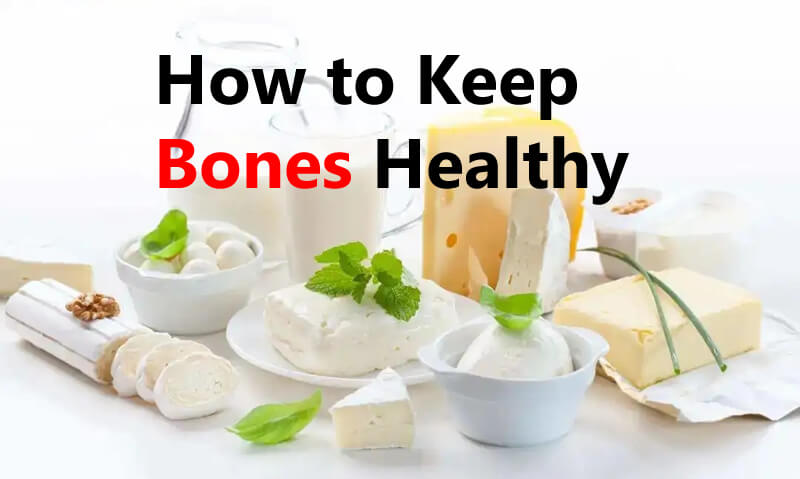How to keeping your bones healthy and strong?
Think you know everything about keeping your bones healthy and strong? Check out the information below. You may be surprised.
The Hidden Life of Bones
Bone is living tissue that is continuously being renewed through a process that breaks down our old bone and replaces it with new. Our bones start growing in the womb and reach peak mass in early adulthood. Then, in our mid thirties, both men and women begin losing bone. Approaching menopause, women lose 2-3% of their bone mass a year. Aiming to minimize this bone loss throughout adulthood is vital.
For this to occur, our bodies need bone-building nutrients as well as exercise.

Build Muscle Mass and Keep Your Bones Strong
Maintaining good muscle mass is part of maintaining good bones. Low muscle mass tends to reduce muscle strength, especially as we age, which can lead to falls and fractures. While that means getting adequate exercise, sustaining muscles also requires getting enough protein.
A brilliant idea: After exercising, drink milk. You'll get protein and hydration, as well as the calcium and other nutrients that healthy bone and muscle building demands.
Natural Sources of Calcium
Milk products are a plentiful, readily available source of natural calcium. In fact it's difficult to get enough calcium from food without consuming them unless you turn to calcium-fortified alternatives. Some plant foods naturally provide calcium. While they can contribute to our calcium intake, eating enough of them daily to meet our calcium needs is challenging. Plants often have much less calcium or contain substances that reduce calcium's absorption. It would takes 8 cups of spinach, 2 cups of broccoli or 1 cup of almonds to absorb the same amount of calcium provided by a cup of milk.
Supplements or Food?
We get our calcium from food sources whenever possible. Calcium-rich food such as milk products provides other important bone-building nutrients besides calcium—nutrients such as protein, vitamin D and phosphorus. Only for individuals who can't meet their calcium needs from food alone, and then only after discussing it with their doctor as calcium supplements have been associated with some risks.